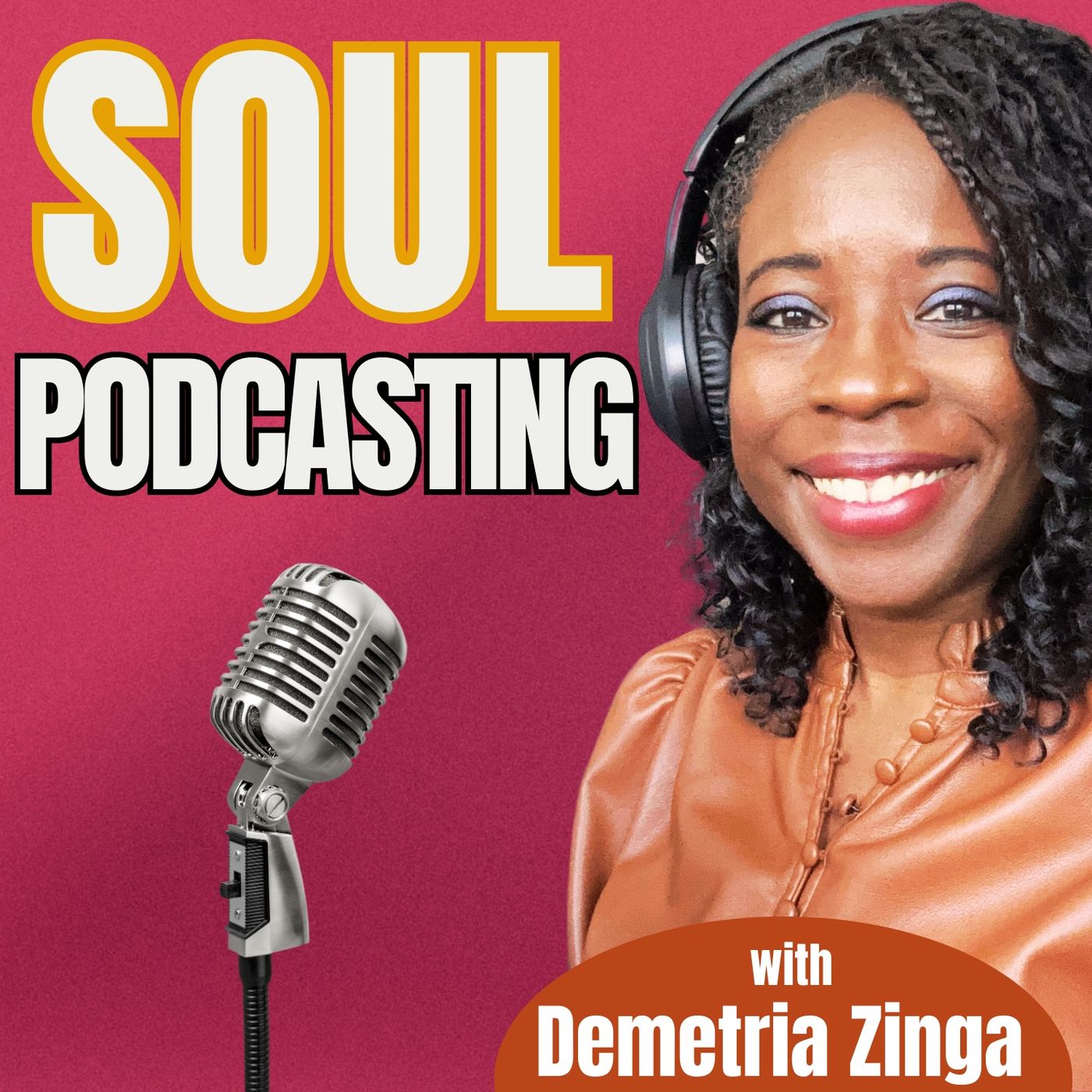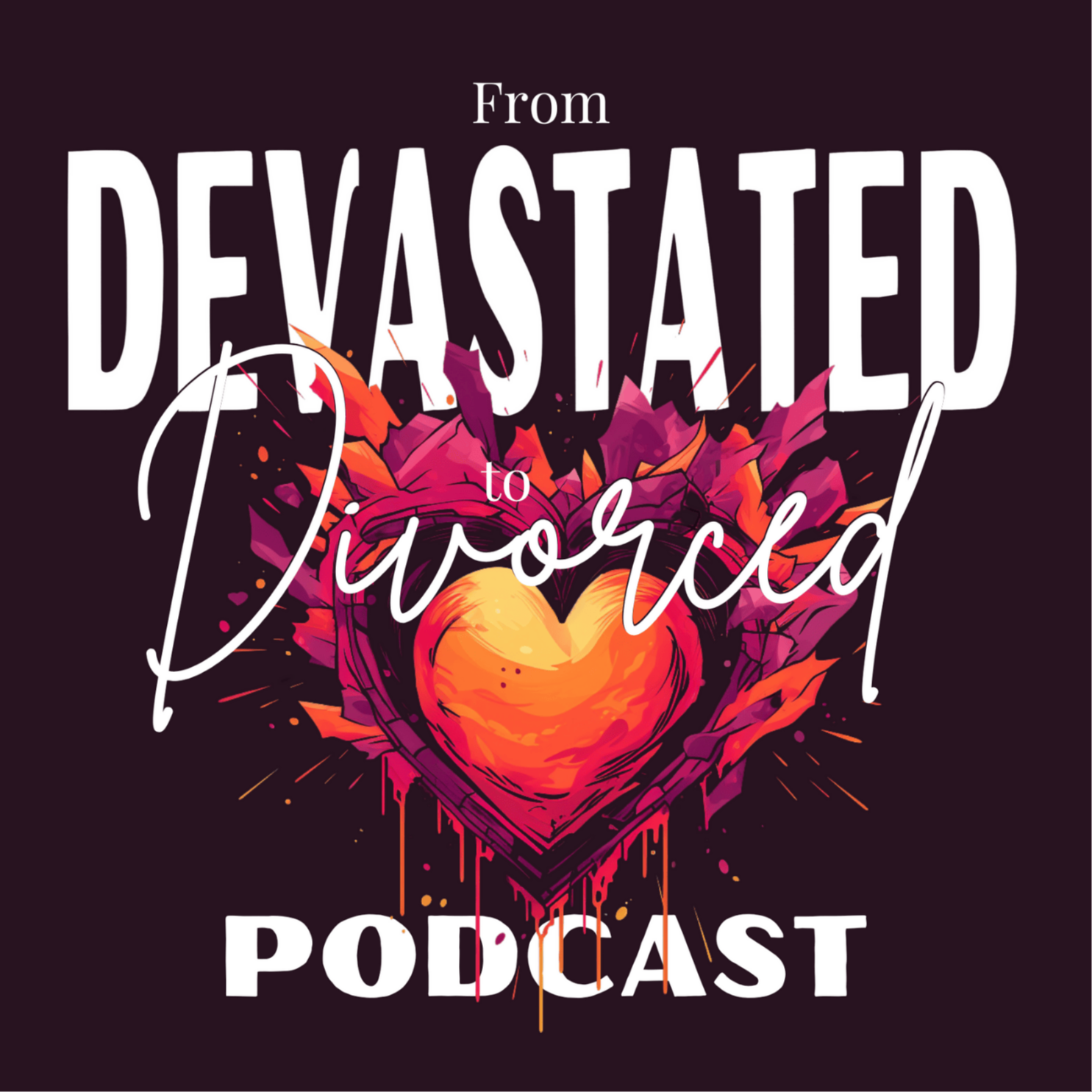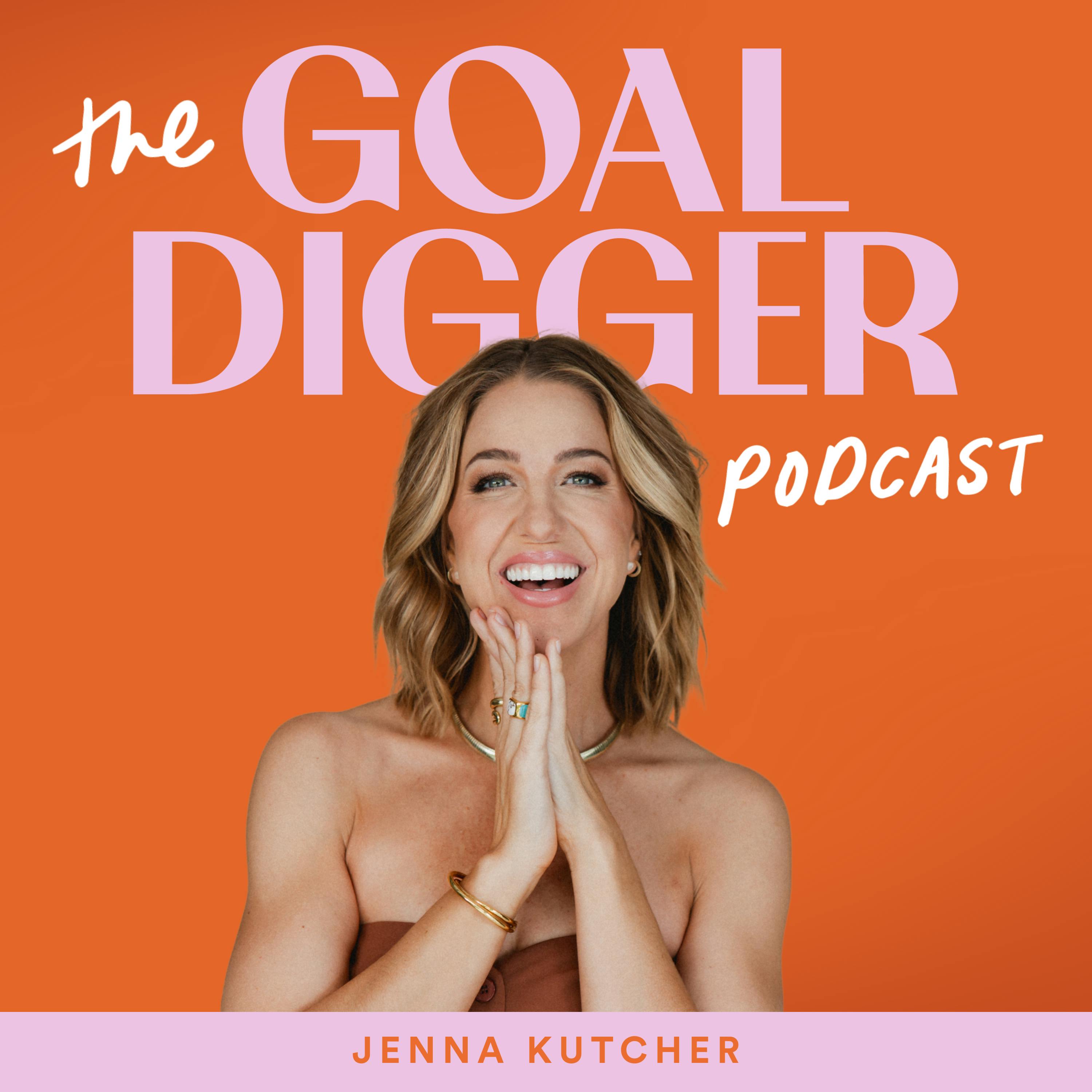
Podcast Your Story: Amplifying Women's Voices in Podcasting
Podcast Your Story is all about helping purpose-driven women own their voice and share their stories as powerful podcast guests and hosts. Whether you’re dreaming of becoming a sought-after podcast guest, ready to launch your own show, or grow an existing podcast, Podcast Your Story is here to guide and support you every step of the way. Listen to inspiring stories from women who are using podcasting to amplify their voices, share their stories, and grow their visibility.
Host Dr. Julie Marty-Pearson, Podcaster, Speaker, Visibility Coach & Podcasting Mentor, brings you practical strategies, honest conversations, and inspiring stories from women who are using podcasting to share their stories and grow their businesses.
Each episode focuses on a powerful theme— from how to become a confident and memorable podcast guest, to how to launch your show without the overwhelm, or how to craft your message for maximum impact. You'll hear a mix of solo episodes, expert interviews, and behind-the-scenes insights designed to help you show up, speak up, and shine.
Because YOUR STORY MATTERS. And your voice is meant to be heard.
Thank you for listening to Podcast Your Story. If you enjoy the show, I’d be so grateful if you’d subscribe, leave a rating or review, and share it with another woman who’s ready to use her voice to transform her life and inspire the world.
About Your Host:
Dr. Julie Marty-Pearson is a Visibility Coach, Podcasting Mentor, and Community Builder for purpose-driven women who are ready to own their voice and share their story. She coaches people to grow their visibility and confidence through podcast hosting, guesting, and speaking.
Julie hosts two podcasts:
🩷 Podcast Your Story, which focuses on amplifying women's voices and practical tips to grow their business through podcasting.
🩷 The Story of My Pet, a Top 5% podcast, sharing inspiring tales of pets focused on advocating and educating for animals rescue, fostering, and adoption.
Julie also created and hosts two communities:
🩷 Women's Podcaster Party Networking Community, for podcasters, guests, and speakers to connect and collaborate. Come check out our Monthly Networking Events.
🩷 Podcast Your Story Community which supports women and non-binary people to become and grow as Podcasters, Guests, Speakers, and Storytellers. To learn more and join, visit Podcast Your Story Community Membership.
Connect with your host–
Website - YouTube - Instagram - Facebook - LinkedIn - Pinterest
Contact your host: julie@podcastyourstorynow.com
Podcast Your Story: Amplifying Women's Voices in Podcasting
Why Your Unique Story Deserves to Be Heard: Lessons I learned from a Cyndi Lauper Concert
In this heartfelt episode, I open up about my personal journey and the experiences that led me to podcasting. From childhood dance recitals to a recent Cyndi Lauper concert, I reflect on the power of storytelling and its impact on our lives.
I share my unexpected path from higher education to podcast coaching, including the challenges and uncertainties I've faced along the way. This episode is a reminder that it's okay to question your direction and feel uncertain at times - we all do.
Key themes explored in this episode:
- The importance of sharing our stories, especially for women and marginalized voices
- How life experiences shape our personal and professional journeys
- Navigating career transitions and finding your passion
- The therapeutic and connective power of podcasting
- Balancing self-doubt with the drive to make a difference
I also discuss the various ways I support podcasters and aspiring speakers, from budget-friendly podcast launches to strategic guest appearances.
A call to action for listeners:
I invite you to reach out and share your podcasting needs, challenges, and goals. What support are you looking for? How can I help you amplify your voice and story? Email me and let me know: julie@podcastyourstorynow.com
This episode serves as a reminder that your experiences and perspective matter. Even in moments of doubt, remember: your story deserves to be heard, and someone out there needs to hear it.
Your Story Matters
Women's Story Matter
Thanks for the Reminder Cyndi!
Connect with your host, Dr. Julie Marty-Pearson –
Website - Instagram - Facebook - LinkedIn - Subscribe to my YouTube Channel
Contact your host via Email: julie@podcastyourstorynow.com
Are you a Podcast Host or Guest or want to become one? Join my new membership Podcast Your Story Community
Come network with other podcast hosts, guests, & speakers at the free monthly events in the Women's Podcaster Party Networking Community.
Shop our affiliate partner Nuvita CBD Use code Julie10 for 10% off!
Listen to The Story of My Pet Podcast- Website - Instagram - YouTube
Hello and welcome to a brand new episode of Podcast your Story. I am your host, julie Marty Pearson. I apologize if my throat is a little scratchy, fighting a bit of a cold, but I realized that one of the things I haven't done on this podcast is really tell a little bit more of my own story and share with all of you who I am, why I have a podcast, what I do in my business and what got me here. Do in my business and what got me here. I'm not going to make it a huge long story, which I can do Podcasters are really good at that and I've shared parts of my story here before. I've shared parts of my story on other people's podcasts that I've been guesting on. But I really wanted to talk to you a little bit about just who I am now and like what really got me here. And I think some of this was brought up by a recent event that I attended. I was lucky enough to attend a concert a few days ago. A few days ago, that concert was Cyndi Lauper. All my fellow Gen Xers, xennials, etc. Understand the importance of Cyndi.
Speaker 1:You know I grew up in the time of Girls Just Want to have Fun, 1984. I don't know how many times I listened to that song over and over again on our cassette players or requesting it on the radio, which is what you had to do back in the day. And you know we love Cindy, we loved her energy and her message and her fun music. And in 1984 I was a part of a very fancy dance recital held in my childhood home's garage with big white I don't think they were curtains, I think they were sheets hung around the back so you couldn't see all the junk piled up. And also, which is a really funny thing that we laugh about now is in the photos, which I will share some when I put this episode out, the oil pans that were down for the two cars in the garage. You know, to catch the oil they didn't move those. We had to dance around them. That was a funny thought that just came to me. I'm a very visual person so when I think about things like, the images pop in my head. And that just popped in my head Now.
Speaker 1:We all danced my sister and I, many of my friends did, you know, dance classes and did official dance recitals on real stages and all of that. But this was a summer, let's do something fun, have a project. So we all wore mostly outfits we, you know, had from other dance recitals. I wore part of one of mine and my friend who is the same age as me, but I was always much bigger than everyone. I was a head or so taller than anyone my age. She was wearing my outfit from a year or two before All of that to say that summer, our neighborhood girls.
Speaker 1:So I lived on a cul-de-sac and there were a few boys on the street, but all of the girls hung out together. We went house to house, swimming and playing and doing all the fun things. There was myself, my sister who was in charge, and then three other girls my age and a little younger, and so we each had a solo. My solo was to Like a Virgin and we have watched we have a VHS of this, we have a video that we've watched over the years that we were like our moms, let us dance to Like a Virgin, like it's just so funny, had my signature hip move, just so many fun memories. But our finale that all five of us danced together was Cyndi Lauper's Girls Just Wanna have Fun, and so you know she's an icon to us. We call ourselves the Marnie Lane girls Get to hang out together once in a while through the years of all the different weddings and babies and graduations and all those things. But that was like a seminal moment in our lives, captured on VHS and in photos that I've shared before on social.
Speaker 1:When it came up that Cindy was playing in LA at the Hollywood Bowl, which is a little less than two hours from me my friend Karen, who was one of the ones dancing with us that day or night I do have to go back when we say it was a dance recital. We practiced. It was at night, so it was in the evening. We had the whole garage cleared out for us to dance. We had folding chairs lined up in the driveway. The boys several of the boys in the neighborhood were DJs. They were on the boom box playing the music for us. We made up little pamphlets. We had popcorn. It was a full production on Marnie Lane. All the neighbors came out whether one of their kids were in it or not.
Speaker 1:So this was a big deal and Cindy was a very big part of my childhood. I never saw her in concert. It wasn't everything, ever anything that ever came across my experience, that would be something I could do, and so my friend had seen that she was playing at the Hollywood Bowl after she had taken one of her sons to see Jesus Christ Superstar there recently, and so she said we should go. So we said, yes, we got tickets, and then we realized the night we were supposed to go, her other son was leading the band at the high school football team, and so we're like, oh well, we can't go. So we thought we'll have to sell them whatever. That didn't happen. Long story short, hollywood Bowl. Let us switch it to the next night, to the Saturday night that we did not know until we were there that it was her final concert of her farewell tour, her last concert she was ever doing. It was a full production. They were filming it for a TV or a movie or something.
Speaker 1:Several times they actually redid the whole song because she wasn't happy with it or something happened that wasn't right. It was crazy and it was one of those things that could have easily been like oh, we can't go. It didn't happen, but it did and we were there and we had no idea. It was crazy and it was one of those things that could have easily been like, oh, we can't go. It didn't happen but it did and we were there and we had no idea it was the very last show ever and they kept talking about how we have all these special guests. These special guests and the opening act was like special guests. One of them made me cry when I met them and we were like what is happening? What is happening Throughout the concert.
Speaker 1:Of course, she played all the big songs, but one of the things that really struck me is, before almost every song, she told us a story behind the song of why it was written when it was written, what was happening in her life, her career and as a podcaster as someone who has a podcast called Podcast your Story, who one of my taglines is your Story Matters and I was actually wearing my your Story Matters t-shirt at the concert. It was like, okay, there's a reason I'm here, there's a reason I'm hearing this, there's a reason I'm like, yes, our stories matter, our stories need to be told, women's stories matter, women's stories need to be told, and so it was this kind of existential experience. But also seeing Cindy, and she was exactly who you think she is like, exactly what you've ever seen of her. That's her personality, the way she talks and she did voices and she's just an amazing human being and singer and performer and artist. And yeah, it was a very powerful experience, but also a community experience because we were all bonding with all these strangers around us as we're like who's coming next, oh my God, and I have video and you could actually hear us like freaking out as different people joined her.
Speaker 1:So it started with about halfway through her part of the concert she was joined on stage by the one and only Joni Mitchell. Now I will say that's not somebody that I would have ever even like had come to my mind. I know that she is older now and when I have seen her on TV or something, she's always sitting. You know, her mobility may be not great, but I mean the crowd literally lost our minds once we realized that's who it was and there was a little blip when they sang it and I think Joni had coughed at one point. So they redid the whole song. It was amazing. We got to hear it twice.
Speaker 1:And then I'm trying to think time after time, she had us all put our you know, phone lights on, so the whole 15,000 or whatever people at the Hollywood Bowl had our lights on and Cindy talked about how we're all lights but how we're all a community, and she was singing. And then John Legend walked out in this amazing full length black sparkle coat and I mean, his voice is amazing. Someone I love, I've never seen a concert. And so we all freaked out. And then True Colors, which you know is so important, such an important song about being who you are and owning who you are and showing yourself fully but also allowing everybody to be exactly who they are yourself fully, but also allowing everybody to be exactly who they are. And then she was joined on stage during that by SZA and at the end they held up the pride flag and and then they redid that one again. It was just it was such a weird experience because we, you know, you were like a part of the making of this story and artist and all of these things and getting to watch them kind of be like that wasn't right. We're going to do that again. And other thing I loved is the whole time is you actually physically could see Cindy leading the band. It wasn't the band played and she followed. It was her counting and her moving her hand to conduct them and being like no faster up. This, you know, was such an immersive experience. And then, of course, the song of course I was waiting for, we were all waiting for.
Speaker 1:Girls Just Want to have Fun was her closing song, her very last song. She started singing it and she said I have a gal who you know, she's a little newer, you might know her. She's going to join me. She starts singing, she kind of moves to the stage. You can tell she's changing outfits again. She changed her outfit, she changed her wig. It was crazy, it was amazing. She even showed a little behind the scenes at one point of her being changed in the background while talking to us. So we see her putting on her coat for whatever this new visual image is for this last song. And as she's doing that, someone walks out from the middle of the stage and you know we're pretty far up and nobody saw it first. And then they show oh, it's Cher in a matching coat, with Cindy as she's changing and the two of them saying girls just want to have fun. And at the end Cindy also said you know they started singing, but they were singing and mixing it up and Cindy's like girls just want to have fundamental rights. People just want to have fundamental rights and that's a big campaign.
Speaker 1:Cindy has been a part of, using her voice, her song, her platform to advocate for women and it was just this energy that there's an energy at concerts, but it was on a whole other level because it really was like this immersive experience with them performing and everyone around us. And you know, this concert was full of Gen Xers and baby boomers, like very few millennials and down, I would say. Some kids were with parents, but for the most part it was us, it was women and gay men who Sunny was an icon for all different versions of people. But you know our generation, who she really spoke to and we were a part of her experience and her journey and her career. To get to experience that and you could tell a few times as she started to sing or was talking, she would get choked up and start to cry a little bit because we were all at the same time realizing we're witnessing her seeing some of these songs for possibly the last time ever live. And you know, sometimes they come back and do another Fair World tour or whatever.
Speaker 1:We don't know what all of that is, but it was such a powerful connective experience and I think there was a reason I was there in terms to remind myself that I very easily get down on what I'm doing with my business, with my podcast. Is anyone listening? Does anyone care? Does this matter? And especially in business? Because you know, there's so many online businesses, so many online coaches, so many podcasts, so many podcasters, that you feel like you're one in a sea of millions of the same. And I know that's not true, but we still get in our head. I get in my head all the time.
Speaker 1:And so, bringing all of this to why I'm having this episode to just kind of talk about myself and my own journey was I needed that reminder that there were points at which Cindy talked about, where she questioned herself, where she said, well, I did that and, like, I don't know what's next, I don't know how to keep this going, and other people would remind her. Well, there's chapters in our life. Every chapter has a close and a new beginning and you never may know what that is, but you have to just do it. You have to push yourself. And she talked about, you know, being involved in movies like the Goonies and writing songs that other people, sang and sharing her own story and why that was important, and talking about her upbringing in New York and how her family was all immigrants that came here and struggled and you just you forget this aspect of our.
Speaker 1:Stories are important because somebody else needs to hear that it's OK to be having a hard time, it's OK to question yourself, it's OK to feel like why am I doing this? Does this matter? Does anyone care? Does my voice matter? Does my story matter? Does what I'm doing in my business matter? I mean, the world is so overwhelming most days and so negative and not sure where everyone is listening from, but here in the United States, every day is a roller coaster of negativity and awfulness and sadness and you just think what could possibly come next.
Speaker 1:So all of that to say that, whatever you feel a calling to do or say or share or speak, do it, because it may not be immediately obvious why you needed to or who needed to hear it or who needed to see it, but there is this ripple effect and the only way we're going to get through anything hard, any struggles, struggles, any uphill battles, which I feel like everything is financial difficulty, losing loved ones, grief, loss all of it, whether it's the loss of a home or to a fire, which happened here this year for so many people, loss of a loved one, loss of a pet, loss of a job or a marriage, you know, there's just so many things that we're all grieving and you can't tell by looking at someone what they're going through. But one of the reasons podcasting is so powerful and so connective is because it is very intimate. All of you out there listening to this right now, wherever you are, you're choosing to turn it on on your computer or put it on in your headphones or your earpods or whatever it may be, or pull this up on YouTube. And that's a powerful thing to know that people choose to listen to you and your voice and what you have to say. And a lot of times in podcasting you don't know, you feel like, is anybody listening? Does anybody care? We can look at numbers and data that say this many people hit download or this many people listen for five minutes or whatever it may be, but it really is in a vacuum in a lot of ways.
Speaker 1:And there are so many incredible people in podcasting. There are so many incredible women that I have often talked to myself out of talking about things or doing things because it's like, oh well, they've done that, that's fine, they did it so well. No one wants to hear my version, but also, that's what podcasting is, is no one? Of course, no one else is going to be like me, or I can't be like them, because we're all uniquely different, from the genetics that made us, to our experiences, to where we live, and you know how we were raised. Whatever it may be, and as someone who, five years ago, I probably wouldn't believe you if someone told me I was going to have a podcast, let alone two, let alone multiple other ideas for podcasts in my head, I've always had something to say, but I've always been a quieter person, definitely an introvert with respect to. I regain my energy alone or with one or two people, or at home, but I've always had something to say. It's a matter of feeling like knowing when is the right time to say it, and I've held a lot back over the years, and even over the last few years.
Speaker 1:You know, I started this podcast, I put five episodes out and then I'm like what am I even doing? I'm just putting it out. There's no rhyme or reason. This doesn't make any sense. This is not even what I teach people to do. So I paused it and I really just immersed myself in the online space and networking and talking to women and talking to other podcasters, and so I re-released it and then I kind of felt lost again and I want to continue to share other people's stories here because I think it's important it's important especially for women to share our stories and really put ourselves out there and help put other women out there. But I also realized that I need to share more of me and what I do every day, as well as my own experiences and things I've been through, and I did originally start this podcast with that in mind.
Speaker 1:In the very first episode of this podcast, I shared a lot of my physical health issues and battles that I have been through and again, I would have never, ever thought that I would do that. You know I talk openly about my Sjogren's syndrome, which caused I can't think of the word to use, but irreversible damage to my mouth and my teeth, and so at 32, I had what was left of my teeth removed and now we're dentures and have since then and at the time that happened. It was a very difficult process to go through, not just the physicalness of it, which was very painful and hard Just at 32 to have your teeth taken out and know you're going to be wearing dentures the rest of your life and not knowing what you would look like and how it's going to change over time and it continues to change over time. Very few people even knew I went through that, as I was going through it because I was very protective of that. It had been something. I had a lot of shame and guilt around the physicalness of what my teeth looked like, even though genetically there was nothing I could do to keep it from happening. And before I knew that there was a lot of negativity from dentists and doctors like do you want to brush your teeth? It was a lot of. I didn't realize at the time grief and trauma had gone through because of that.
Speaker 1:But I guess I found in podcasting a space where I can say all the things I've ever wanted to say and even if people have a negative reaction or don't like it, I don't always hear it. So it's like I can put it out there and just know I've kind of released it. And so what comes up a lot for me is podcasting can be therapeutic, it can be healing, but it's also about our legacy and I think that I've heard legacy come up in conversation and in my thinking a lot and then going to back to Cindy's concert like we were a part of her legacy, of her last concert, of her experience, of her sharing of her music, and you know that's really powerful. And one of the things I've toyed with doing for a long time and I know I will at some point it's figuring out what it looks like is.
Speaker 1:I have a lot of my dad's stories written down. He hand wrote a lot of his life stories for many years before he passed away and we're very lucky to have those and I have electronic versions of them that I've taken photos of all of the pages and a lot of his stories talk about his childhood. You know he was born in 1923. Yes, he was 54 when I was born, so people who do math are like wait what? And he lived through World War II. He was in the army, he served in World War II for the last several years of the war and came home after it was over, and so I know there's important history and stories and legacy there that I want to share in some format.
Speaker 1:I haven't decided if it's going to be an audio only or a video version with some of his images that I have, but that's an important legacy for me to leave, because I am his legacy and I need to carry that on for him. I don't have kids to pass it on to, but there's a whole world that needs to not forget what they went through and what the world went through, and I think even more so now that we need to see it and hear it, because we're about to go through it again if people don't stand up and fight against what's happening here in the United States. And you know, that's one image, one piece of my story that I feel like I really do need to share, but it's also kind of figuring out what it is I'm doing with all of this. I think it's really hard right now because of the economy and money and everything costing more. You know you put out offers, you start programs and good response, no response, a little response, and you're constantly kind of fighting like is this what people need? Is this what I should be doing? And so I really kind of maybe a call to action to all of you to say what is it that you're here for? What are you looking for? Is it just to be inspired by other people? Is it specific support? You want Specific understanding and knowledge, and all of that.
Speaker 1:I've done a lot of different things since I started my business. Before COVID we all used that I worked in higher education. Covid we all used that I worked in higher education. I had been in that world for almost 20 years. I loved school. I was always good at school. As a good student. I did all the things you know. Undergrad I was a research assistant, a teaching assistant. I thought I wanted to be a therapist.
Speaker 1:I started a doctoral program in clinical psychology and I could have done it, but I didn't know at the time. I was starting to have the early effects of the several autoimmune illnesses I have and I was also burned out. I went through undergrad into my first master's, straight into this doctoral program, and so I was also burned out. Master's straight into this doctoral program, and so I was also burnt out. But it was my first time moving away from home and everyone I knew to a place I didn't know, even though it was up in the Bay Area, and I loved that.
Speaker 1:About six weeks, maybe less, after I moved there and started my doctoral program, started school 9-11 happened and that was very scary to be in a place I didn't know. Well, I didn't really know anyone. I'd barely been in classes for a week or two and the whole world shut not the whole world, but the United States shuts down and a lot of the world too. And being right outside of San Francisco, there were army people, there were tanks and trucks and the bridges were shut down and we had cell phones but they weren't what they are now. You could call each other but it wasn't like immediate texting and everything we have now. And you know, we had to do the dial-up modem still and I had cable television so I could watch the news. But it was very scary to be alone in that and we were all so scared, just in general. And that really impacted me, I think, staying there and continuing that program.
Speaker 1:And so I went through a devolution of different jobs and different things, but throughout my career I always went back to higher education, whether it was teaching part-time adjunct at a community college or university or having a full-time job at a school. That was really where I always went back to because I loved that world, and I eventually went back and finished a doctorate in organizational psychology and at the time my dissertation was on something I was doing at my job at one of the colleges I worked at. So then, once I had that, I went to the next college and the next college. But really to move up in higher ed you have to move schools. So I literally commuted all over California anywhere from an hour to five hours away from home an hour to five hours away from home.
Speaker 1:The last six years or so of my career I was living in a different place and coming home on the weekends to where I live with my husband, and so that was hard. That was hard on me physically, it was hard on us financially, it was hard on marriage, living away and being together. Only part of the time I lived out of a suitcase. But in a couple of years leading up to COVID, I had more health issues that led to my kidney disease diagnosis. Then my dad passed away and I lost a job and I lost another job. Just because there was so much going on. There was no normalcy and consistency. So it was actually the fall of 2019, and I had left my last job and was now having a hysterectomy, which in the end was good for me physically, but it was a huge process, both physically and emotionally, to go through. So I was just coming out of all of that when COVID hit. So I was unemployed, I had just gone through some pretty big physical changes and it was like, oh, what am I going to do with the rest of my life? And I couldn't go get a job in the world I had been in because the schools were all closed and they certainly weren't hiring even once they opened up again. So the last five years have been really hard A lot of ups and downs and uncertainty and not knowing and not understanding and oh gosh.
Speaker 1:So originally I started my business in career coaching because obviously that's what I knew. I worked in schools, I knew a lot about career tracks and job changes and you know just lots of things. So I did that fairly easily. I mean, it wasn't necessarily easy to find clients, but I knew how to do resumes and Vitas and interest letters and talk about career choices and I'd applied to enough different jobs in my life, just because you have to kind of move up and move around. That I knew that whole process but it wasn't exciting to me, it wasn't super like, I didn't feel like it was my passion in any way. And so when I took a class on podcasting, they kept saying you have to do it on your business. It's like, well, I kept thinking I had to, but then I didn't because it's oh yeah, let's talk about resumes and form letters and asking for references. Like no, that wasn't exciting or interesting to me in any way.
Speaker 1:So that is when I started my podcast about pets, because it was like what can I talk about for any given time, any moment, without preparation? Animals Plenty of those stories to share. And so that's where my first podcast started was to just test out podcasting and see if it was even something I wanted to do or made sense for me and that really reignited my love of animals, which has always been a part of my life. And I got more involved in animal rescue and I volunteered at my shelter. I worked at one of my shelters for a while, I fostered and, even though I couldn't really do that, because physically and emotionally again, that world is very hard Shout out to shelter workers and rescuers because they see the worst of humanity every single day and they keep going. I could not. Actually, my blood pressure went up and we couldn't get it to come down. The doctor's like this is not the right place for you. And so I keep the story of my pet podcast going because that's my way of giving back by advocating and educating and allowing people to come on and share what they do to help animals.
Speaker 1:But I also started realizing like gosh, so many people need to use this medium of podcasting to help themselves, others to really educate, and so that's when I decided to start doing my whole business around podcasting and helping other people start podcasts, grow podcasts, and now a large portion of what I do is helping people be podcast guests and use that to whether it's advocating for something or helping grow their business or helping people buy their book, whatever it may be. So that's really what led me to where I am now with Podcast your Story the podcast with Podcast your Story community, which has a membership where I do a lot of workshops and group coaching and things. But in the process of creating this, one of the things I saw lacking I had seen it some early in podcasting, but then it faded for different reasons was spaces for women to come together and really support each other in podcasting. And so that's when I started my networking community, which I called the Women's Podcaster Party, which I just think is fun and kind of a light way of saying hey, we need time to get together and chat and get to know each other and share our podcast, or share what we want to talk about on podcast, or share how we're doing and how we can help other people do it better or more efficiently, better or more efficiently. And so it has not been easy.
Speaker 1:I've spent a lot of time growing that community, a lot of time marketing and getting people to come and getting people to speak and getting people to come back again. And I've definitely hit low points where I'm like why am I doing this? There's no money coming out of this, it's just me giving my time and space. And I get a lot of positive feedback when I'm like, where is this going and is this really what I should be doing, when ultimately, just like everybody else, I need to make money, I say all this to say it's okay. If you feel like is this it? Why isn't this working? What do people really want? What do people really need?
Speaker 1:It's a hard thing of feeling like you have to shift every time you see something change, like, oh, I got to do that now to get people to want to work with me and we can't change all the time. But we also have to be responsive to the world around us changing and, for example, with my membership. I launched it and I had a great response I have 10 founding members and then it kind of went down and I've only had one or two new members since then. So again, I question it. I try all these things. It's like nobody wants to do this. Is this not what people need? So I just wanted to share that. This constant cycle of uncertainty and questioning and what's happening and then a success, and then it goes the other way again. It's like it's exhausting and it's no wonder so many businesses fail or people give up. But I mean, ultimately it's finding your place in the world and feeling good about what you're doing and creating and helping other people to create.
Speaker 1:And I know that there are many reasons why I need to keep doing what I have been doing, which is this podcast, which is sharing my own story, which is sharing things I've learned as a podcaster through the last few years, but also creating space for women to come together and meet each other and connect and share and grow together, and that I just have to keep reminding people that these are the things I could do to help you. Is that something you need? Do you want to start a podcast but don't have a lot of money? Hey, I'm all about let's do it on a budget because it's possible. I do it on a budget, trust me. But not everybody needs a podcast. But if you have a business, you should be tapping into it. Is it videos on YouTube maybe not a full podcast, but just showing up live streaming or with video? Is it being a guest and just consistently every month, being on one or two podcasts a month? I really love helping people figure that out being a guest and being strategic about it and being consistent with it, or how to go from being a speaker to a guest or vice versa.
Speaker 1:You know, I think speaking is very important and I have helped a lot of my clients do some of that. So one of the things that I did in transition from career coaching to podcast coaching is had to make money. So some people may call it project management, but really VA, virtual assistant, executive assistant work and there's absolutely nothing wrong with that because one of the things I'm good at is process and lists and organization. I don't always do it well for myself, but I can do it really well for other people. So I have had various clients and still do have a few where I help them with kind of the back end of whether it's managing and scheduling, social media marketing, managing their calendar. I have helped several clients with speaking in terms of finding good events to speak at for them, pitching them, getting them booked, follow up, scheduling and then the follow up with the people they met when they spoke, that who want to speak more but don't know the processes. Maybe they just need it set up for them and then they can handle it. Maybe they need it done for them because they just don't have time. And I see that with podcast guesting too, is knowing the right places to go and to set yourself up whether it's something like Podmatch or other podcast matching services or just knowing the right places to search for podcasts and what you're looking for and the best way to connect with people.
Speaker 1:And I always say please don't ever ask to be on a podcast you haven't listened to. I get emails every day Hi, I'm so-and-so and I have these bullet lists of all these great things I can teach your people. I would love to be on your podcast and I say great, you realize, you just said you want to be on the story of my pet, right? Yeah, I don't talk about entrepreneurship or business marketing or social media on that. I talk about animal advocacy and rescue and fostering and shelters. That is really annoying as a podcast host that I have to spend my time reading an email that really should have never come to me. And we're not all perfect and we change what our podcasts are about, so it's OK, it happens. But if you write an email that says I want to be on the story of my pet, here are the five business topics I can talk about, that tells me one you haven't listened to the podcast to know that we don't talk about those things. And two, did you even read the name of the podcast Because you wrote it but then never said another thing about pets? There's a lot of those little things that I want to help people to avoid, but I also want other podcasts that host not to be annoyed by people sending like form letters, basically to every podcast they find on Google or on Listen Notes. All of that to say I want to hear what you guys need.
Speaker 1:Where are you struggling in the world of podcasting, in the world of business? Are you wanting to speak more and don't know where to find the right opportunities? Are you wanting to be a guest but have no idea how to get started? Are you wanting to go? Well, what do you mean by being a podcast guest? Strategically, I've thought about a podcast for a long time, but it's so expensive and the one person I talked to wanted hundreds or thousands of dollars a month. Like no, no, no. There are options. There are options for people that can show you how to do it and then you do it yourself. There are options for people you can say, hey, I just want to show up and do the episode, you do everything else right. There's options for all of us. I know when I see some of my fellow entrepreneurs need support in, but that doesn't mean that's what everybody needs.
Speaker 1:So, sharing my story to let you know it's okay. If you feel lost, you feel uncertain, you feel a little like what am I doing? I think we're all struggling for a lot of reasons right now, but, no matter what is happening in the world around us, we are still needed to do what we're doing, which is share our story in podcasting, share our advice, our experience, so other people learn from it and don't make the same mistakes. Other people need their businesses to grow and need to be guesting, need to be speaking, need to be doing all these things that they may not even know yet that they need to be doing. I'm here to say it's okay. If you feel any of that, I did a video recently just a short one saying it's okay to not be okay. No one is okay 100% of every minute of every day. We all struggle, we all go up and down, but ultimately, I'm here to help you feel less of that, to help you feel less alone, less uncertain, less. What do I do next? Should I even be doing this? Is this even working? I love assessing things and researching things, so let me help you do that. Tell me what you want me to talk about here, tell me what you want me to teach here, tell me what you want me to share here, and then also tell me, if you're struggling, what is the support you're looking for. Is it a membership? Is it one-on-one coaching? Is it just a networking community? Tell me what you need, because, ultimately, I want what I'm doing to be what people need, to be what you need. So, if you've made it this far, thank you. Thank you for spending this time with me.
Speaker 1:Went a little all over the place, but that's okay, there's a reason for it. A little all over the place, but that's okay, there's a reason for it. So reach out, email me, follow me on social and DM me. Whatever that may be for you, julie at podcastyourstorynowcom is my email. Send me an email.
Speaker 1:Tell me what you thought, tell me what came to your head. Email, tell me what you thought. Tell me what came to your head, tell me what questions you have, where you need support, where you see other people needing support, whatever it may be. I am here for you. This podcast is for you. So tell me what you need so that I can help you move forward and together we can make a better place for all of us.
Speaker 1:Because if we don't share our stories, if we don't share our struggles, if we don't help other women and non-binary people in the world, in business, in podcasting, no one else will, and that is why I'm here, and I'm going to continue to be here, even on the days where I feel like I don't know what to do next. I am here to figure that out, and I am here to help you figure that out too. So, thank you, and I'm just going to leave you with this thought that I needed a reminder of and Cindy Lauper helped me remember that, no matter what's happening, no matter how hard it is, no matter how dark it is, you matter, your life matters and your story matters, and someone out there needs to hear it.
Podcasts we love
Check out these other fine podcasts recommended by us, not an algorithm.

Story of My Pet: Tales of Animal Rescue, Fostering & Adoption
Julie Marty-Pearson
The BOLD and Brilliant Podcast with Tracie Root
Tracie Root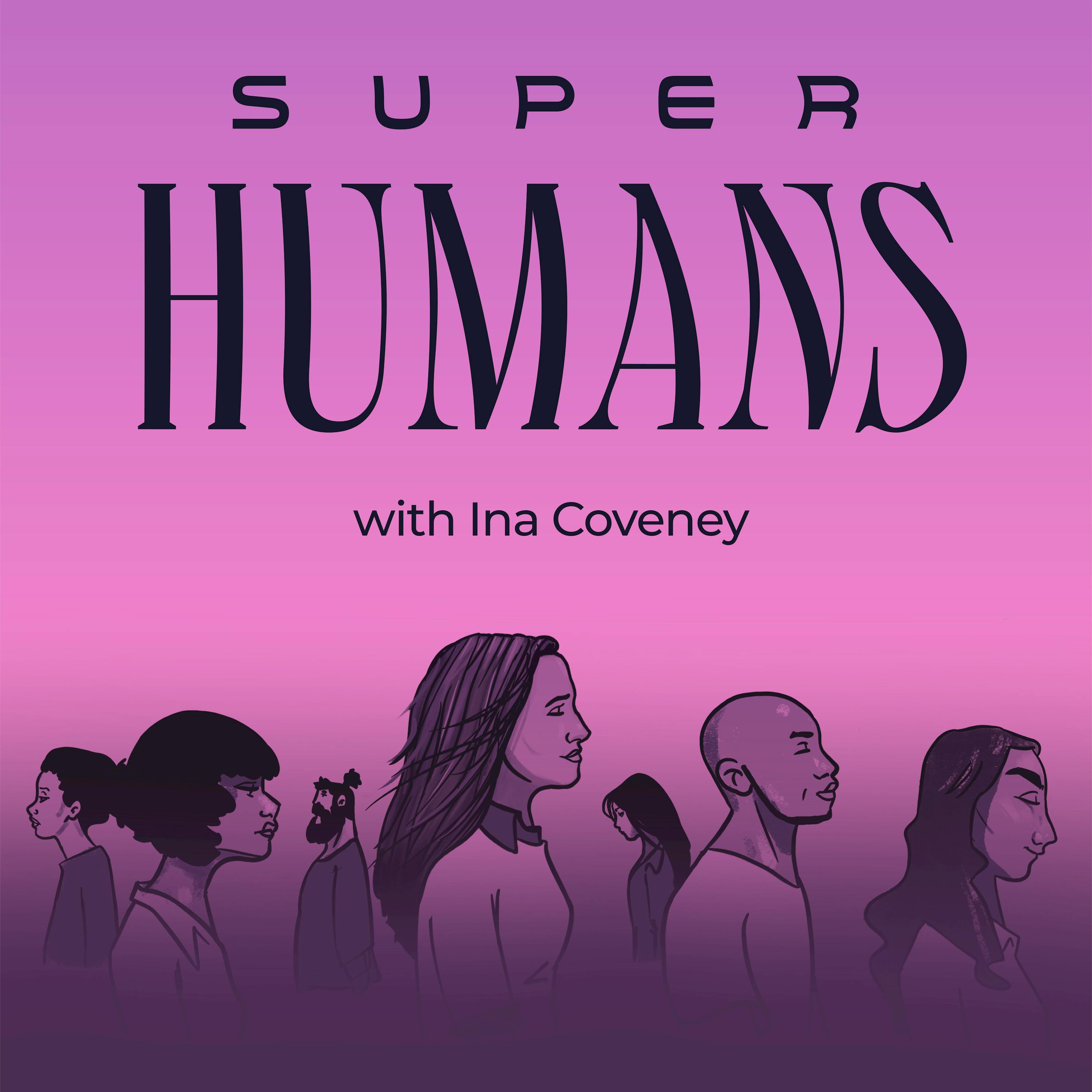
Super Humans with Ina Coveney
Ina Coveney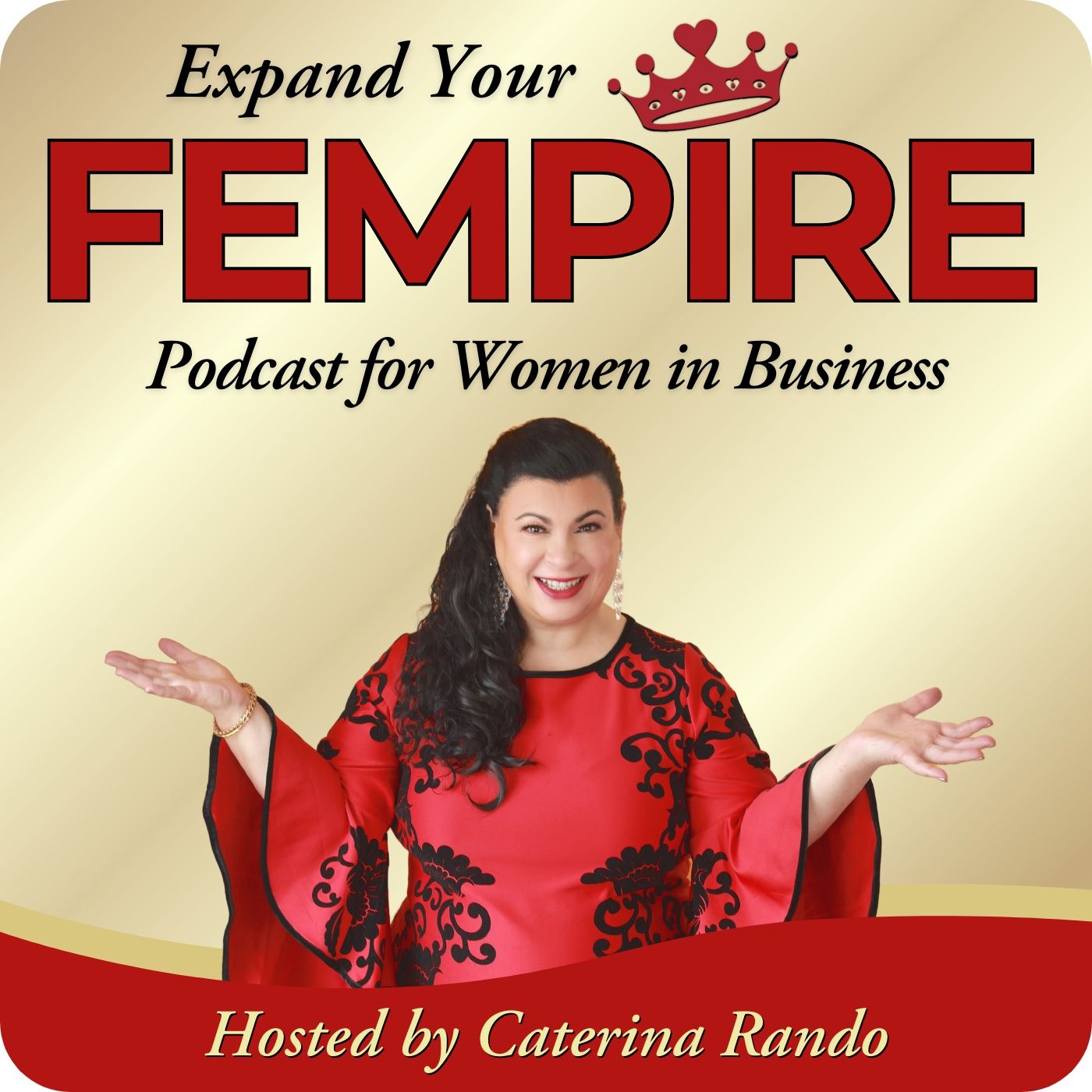
Expand Your Fempire with Caterina Rando
Caterina Rando
Painting Your Path
Clarissa Castillo-Ramsey
Just Wanted to Ask
Anne Zuckerman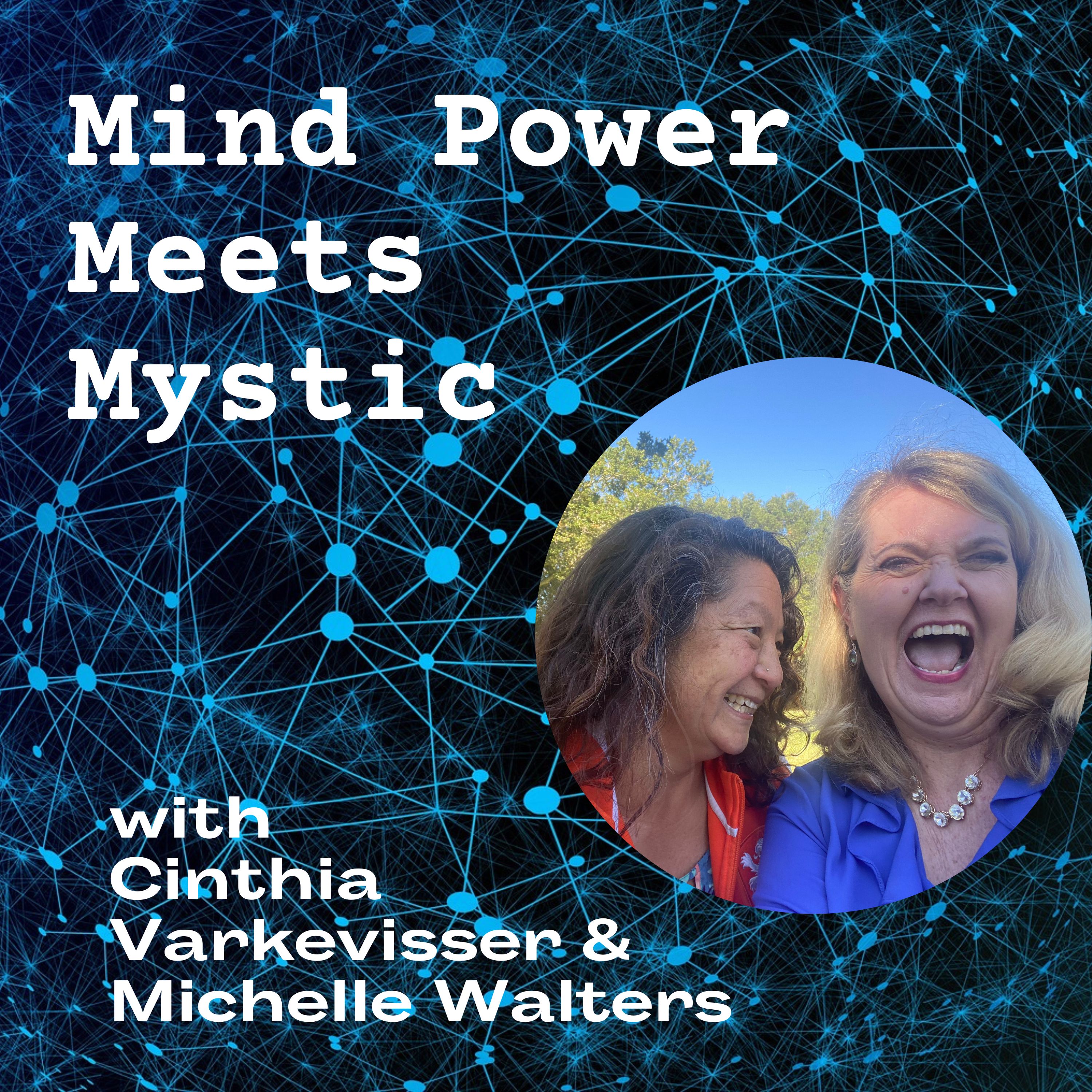
Mind Power Meets Mystic
Cinthia Varkevisser & Michelle Walters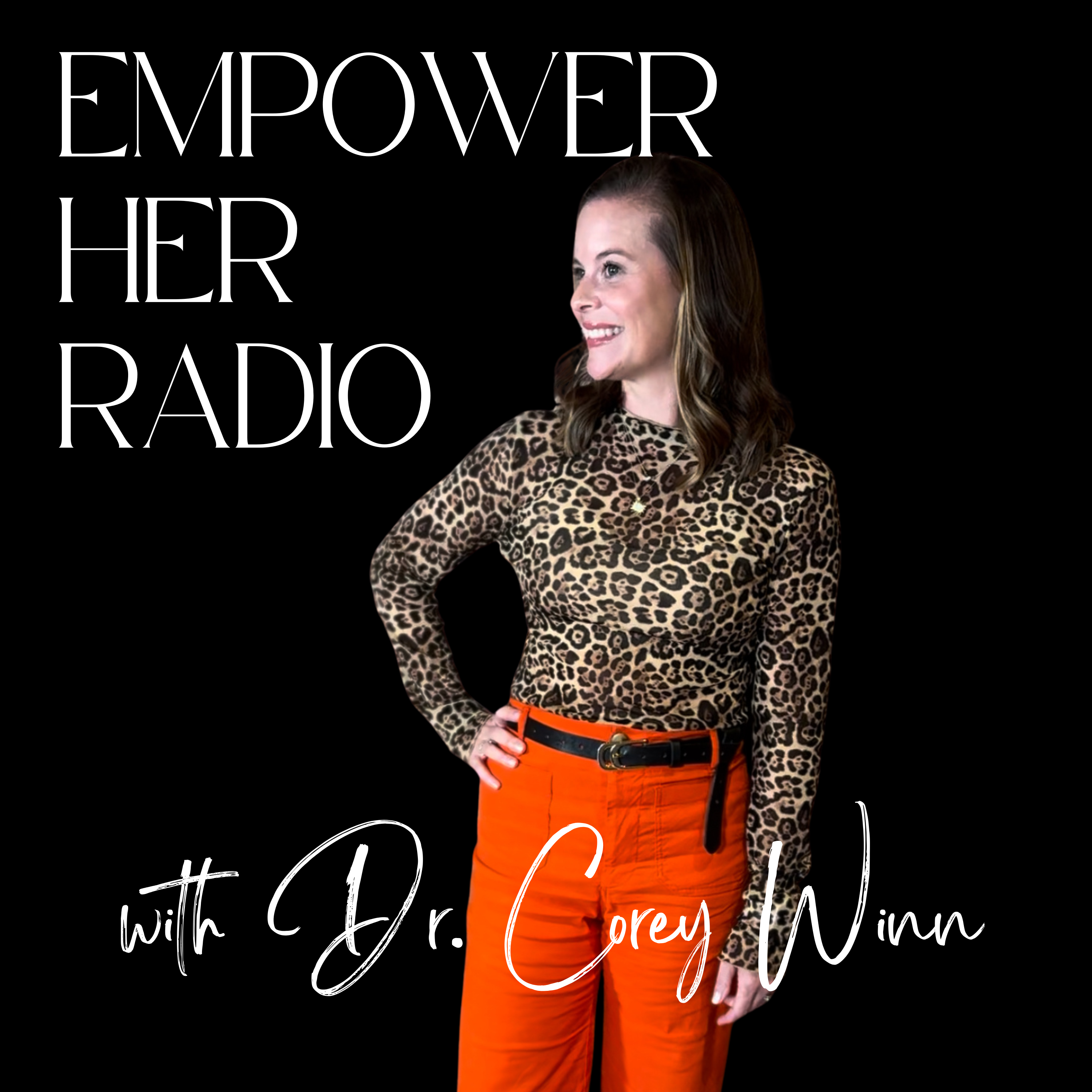
Empower HER Radio with Dr. Corey Winn
Dr. Corey Winn
Casa De Confidence Podcast | Grow Your Business, Life and Confidence
Julie DeLucca-Collins - Business Strategist for Women in Midlife
BECOME EMPOWERED
Sabine Kvenberg
The Pet Parent Hotline | Real Help for Pet Behavior, Budgets, and Everyday Stress
Amy Castro - Pet Parenting & Behavior Expert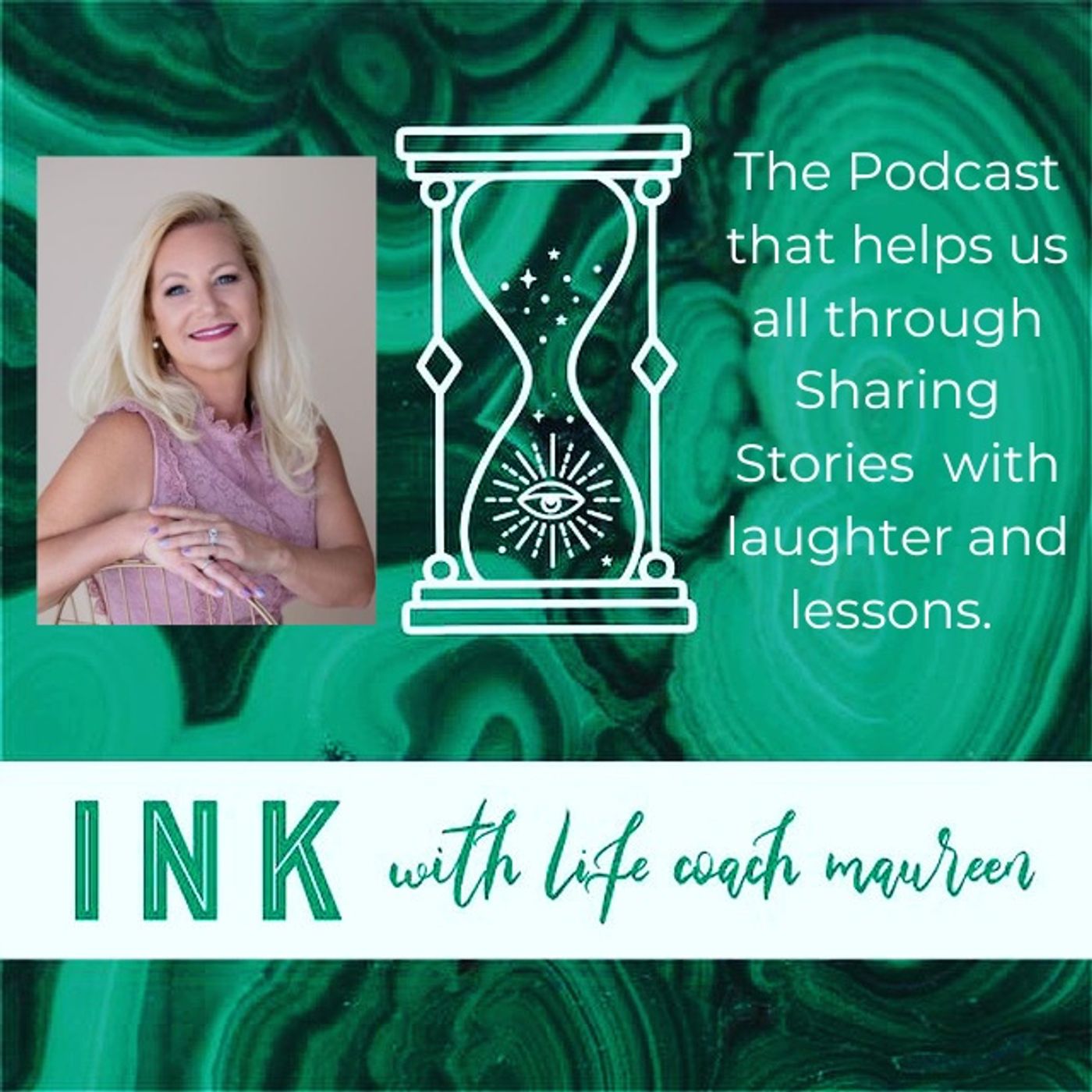
I Never Knew (INK) But My Dog Did! By Lifecoach Maureen
Maureen Scanlon
Podcasting Made Simple
Alex Sanfilippo, PodMatch.com
Grounded in Maine
Amy Bolduc (Fagan)
Ice Cold Case
Madison McGhee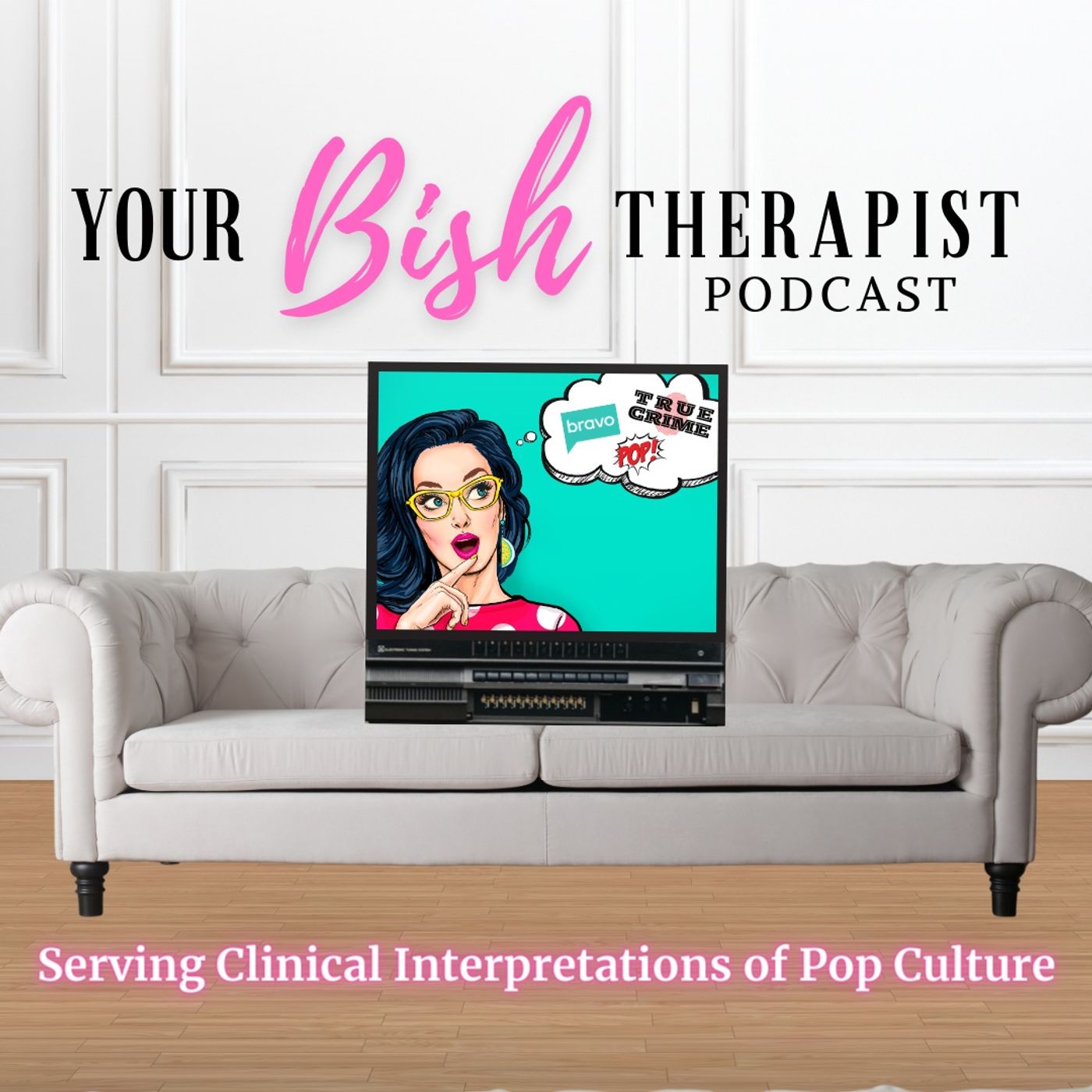
Your Bish Therapist
Melissa Reich
HIListically Speaking with Hilary Russo
Hilary Russo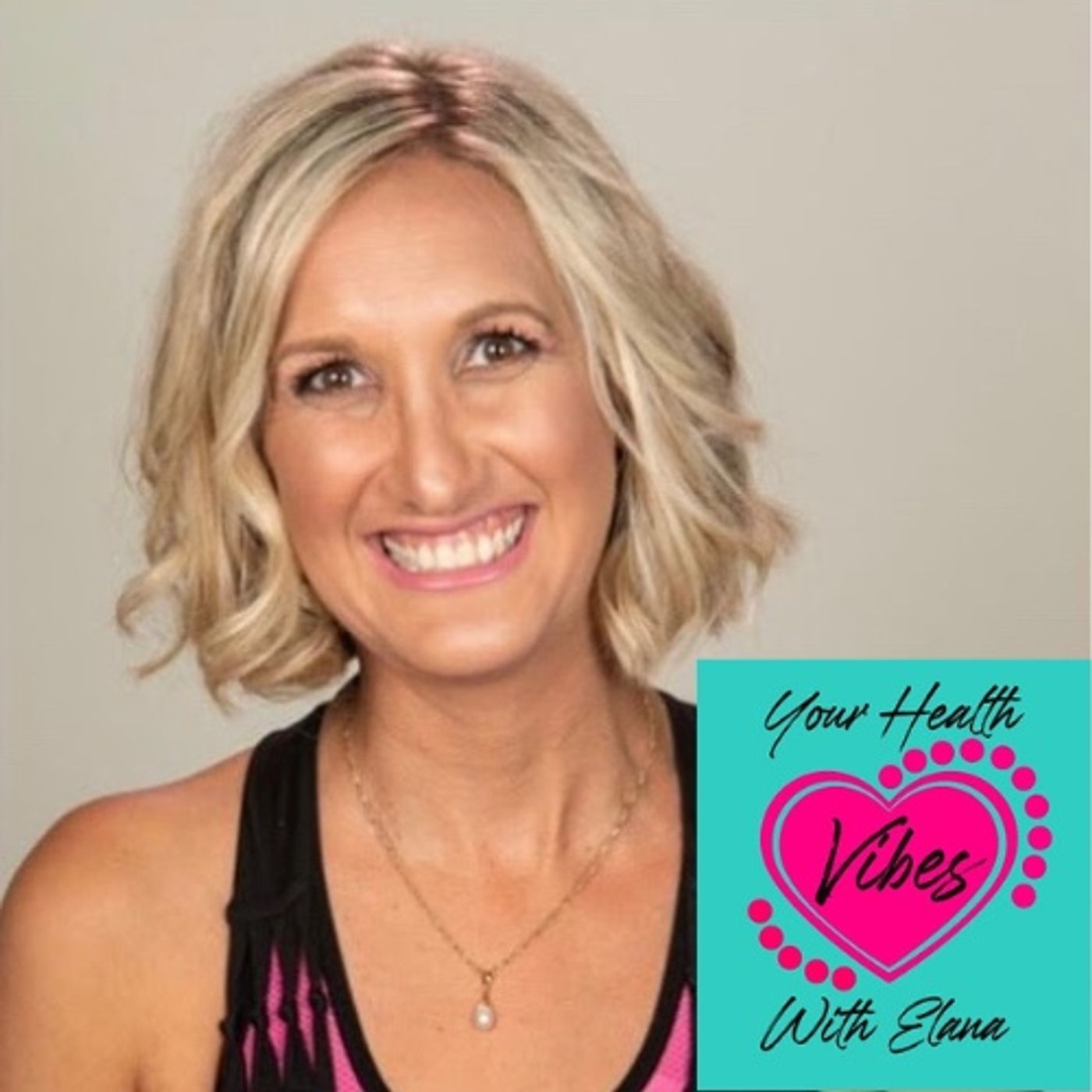
YOUR Health Vibes with Elana
WGSN-DB Going Solo Network
Don't Be Caged By Your Age
Ande Lyons
The Wellness Project with Des
Desiree Argentina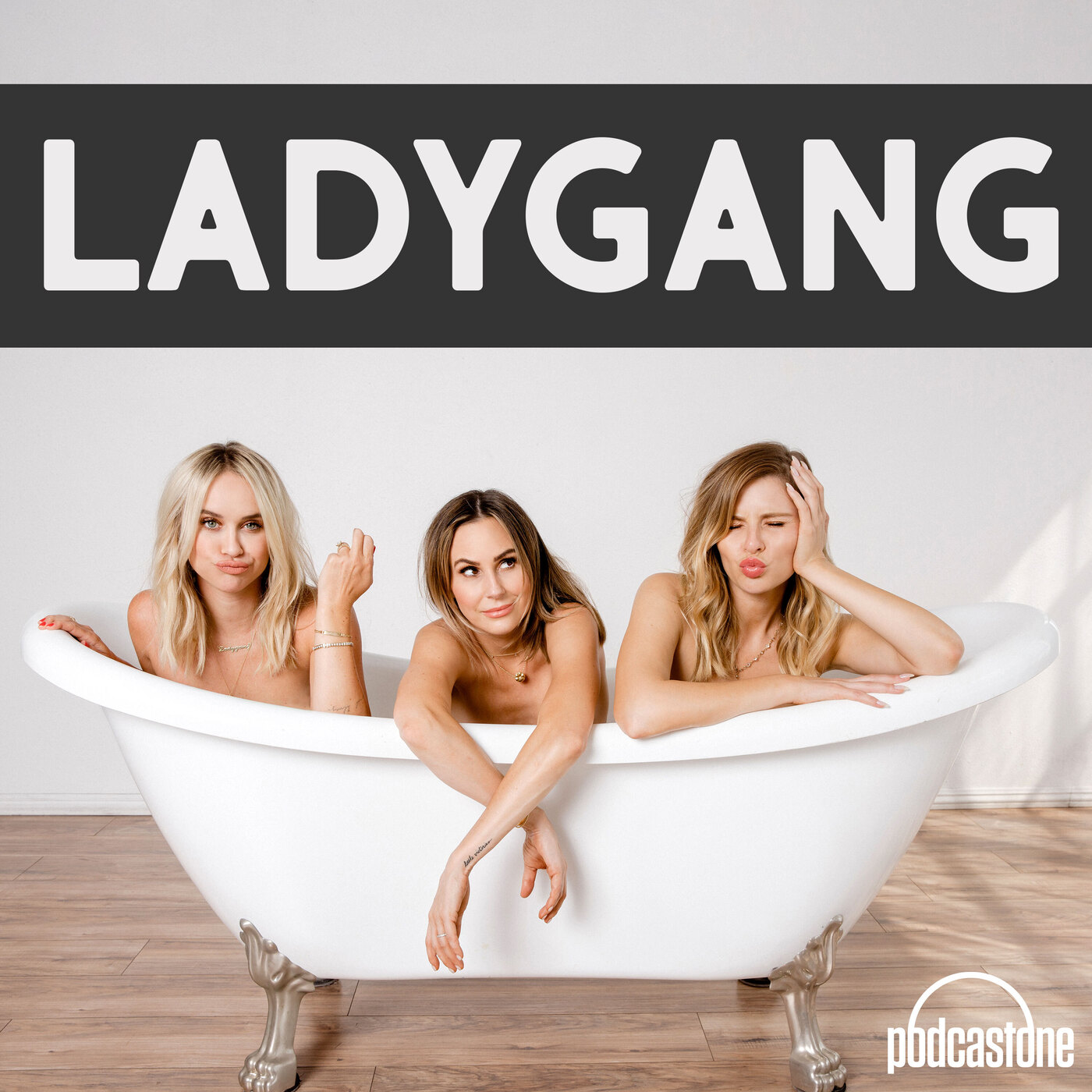
LadyGang
PodcastOne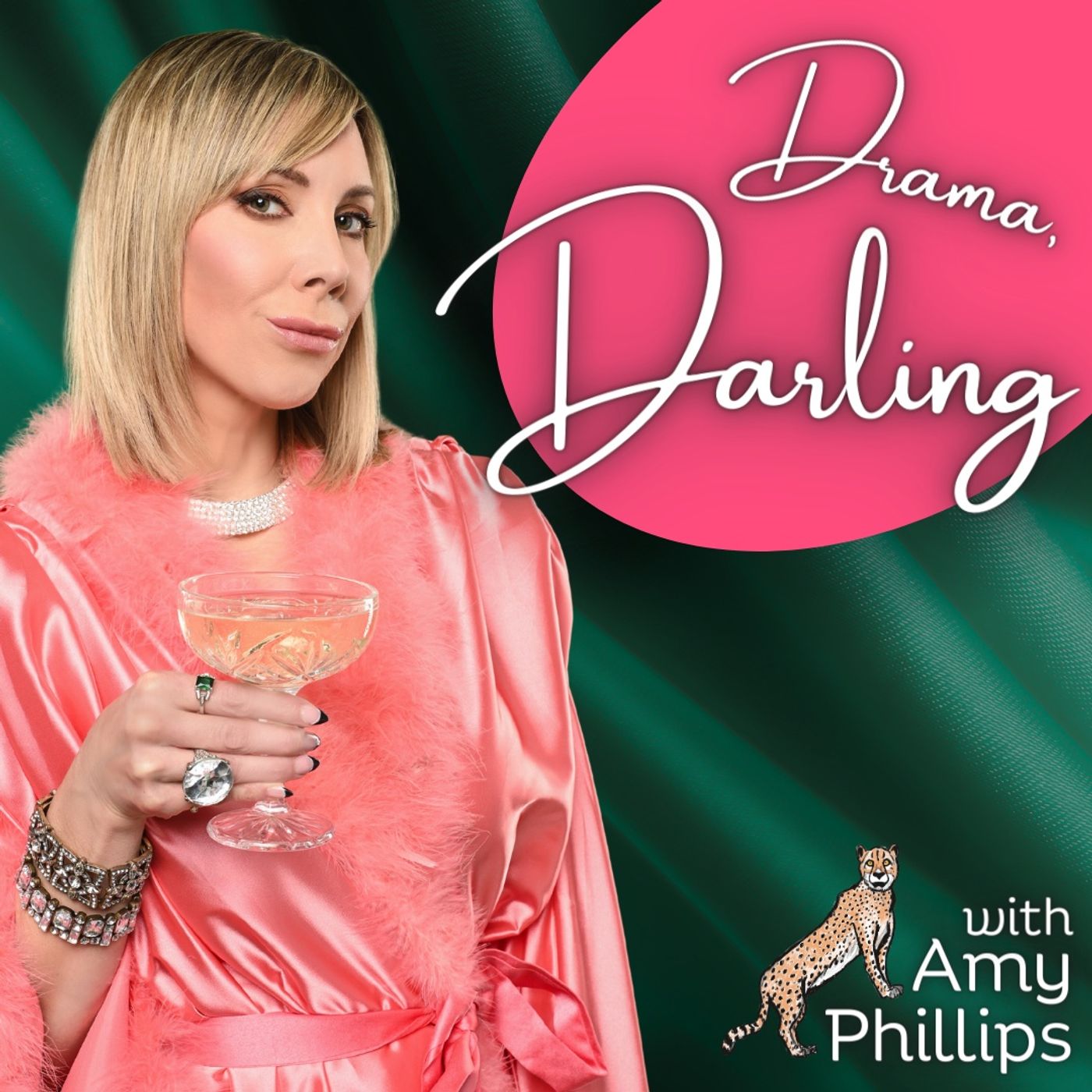
Drama, Darling: A Real Housewives Comedy Podcast
Amy Phillips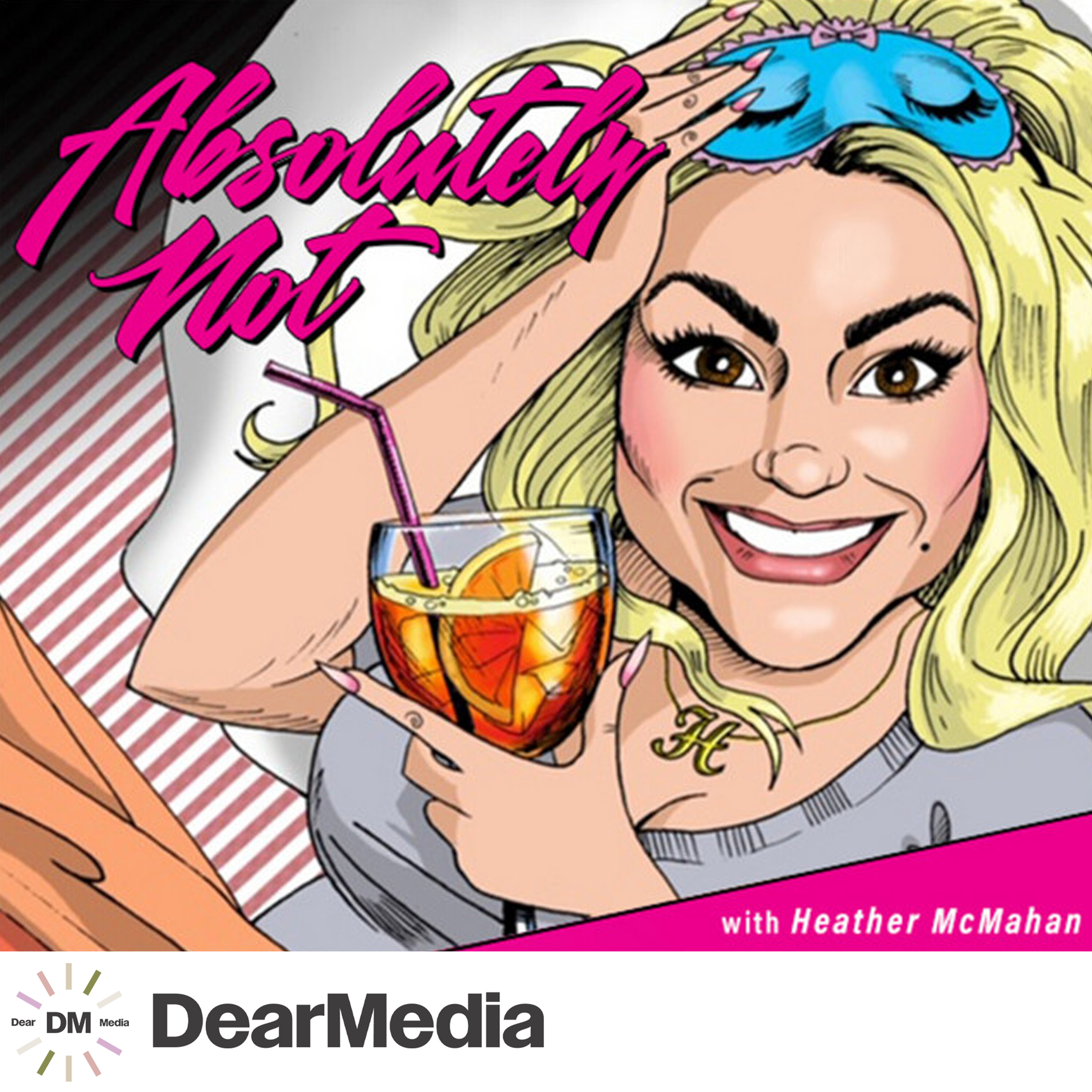
Absolutely Not
Dear Media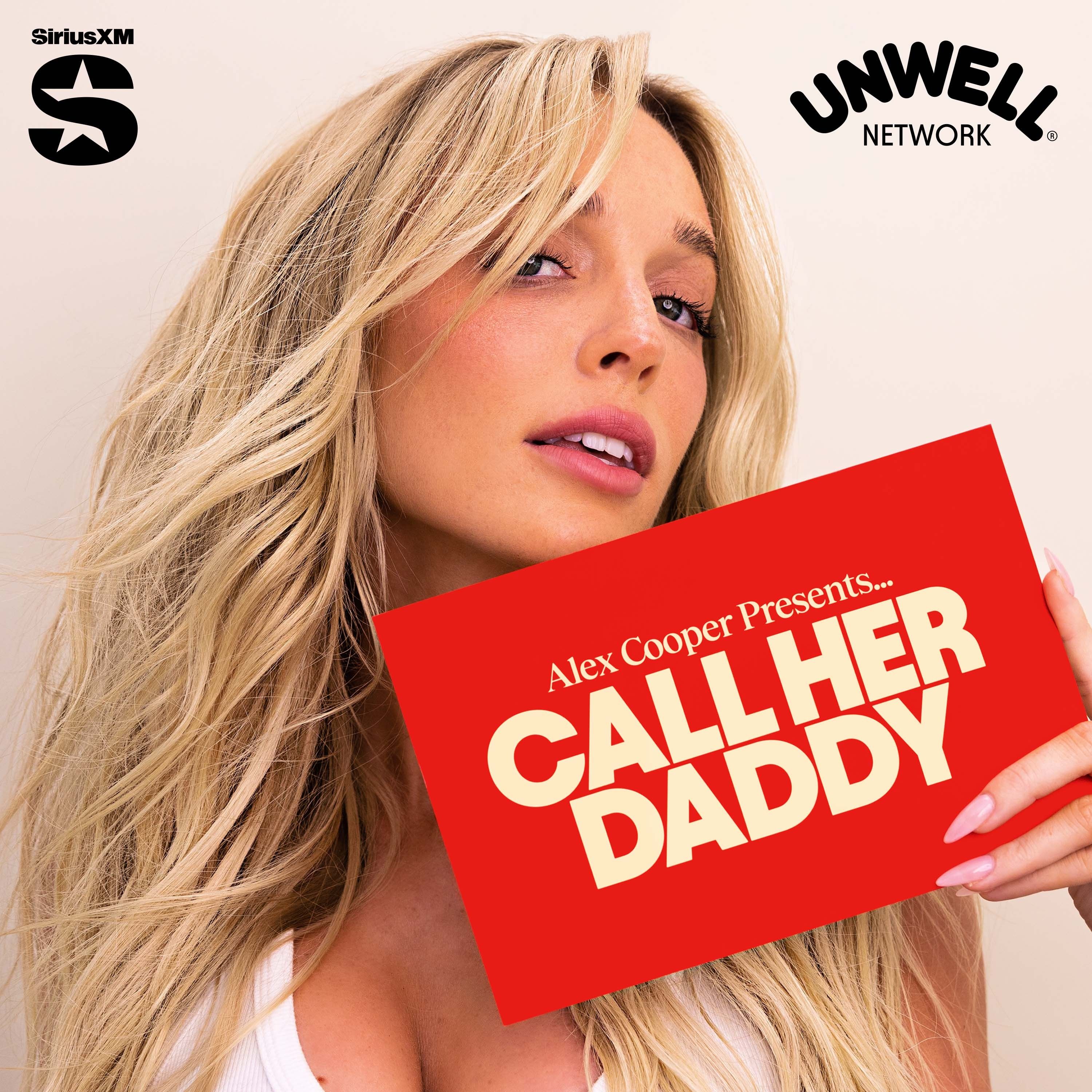
Call Her Daddy
Alex Cooper
Giggly Squad
Hannah Berner & Paige DeSorbo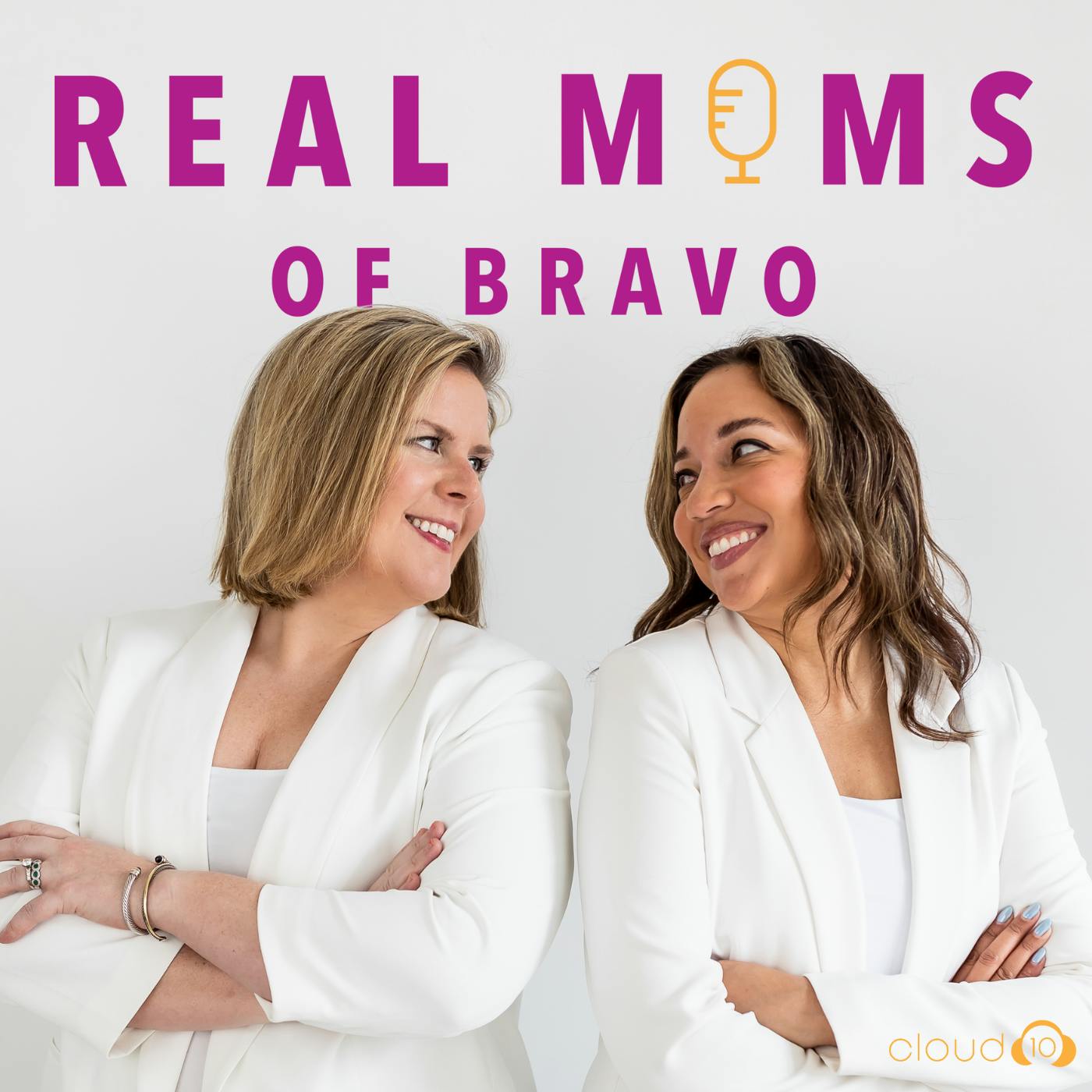
Real Moms of Bravo
Cloud10
Vegan Food Truck Business Podcast
Heather Zeitzwolfe (Savvy Frugal Vegan)
Raise Your Volume Academy with Tiphany Kane, M.Ed.
Tiphany Kane, M.Ed, CEO of KaSa Media Productions
Only One In The Room
Laura Cathcart Robbins
Beyond the Downloads | Podcast & Business Growth
Jenn Dragonette
Feed Your Soul with Kim
Kim McLaughlin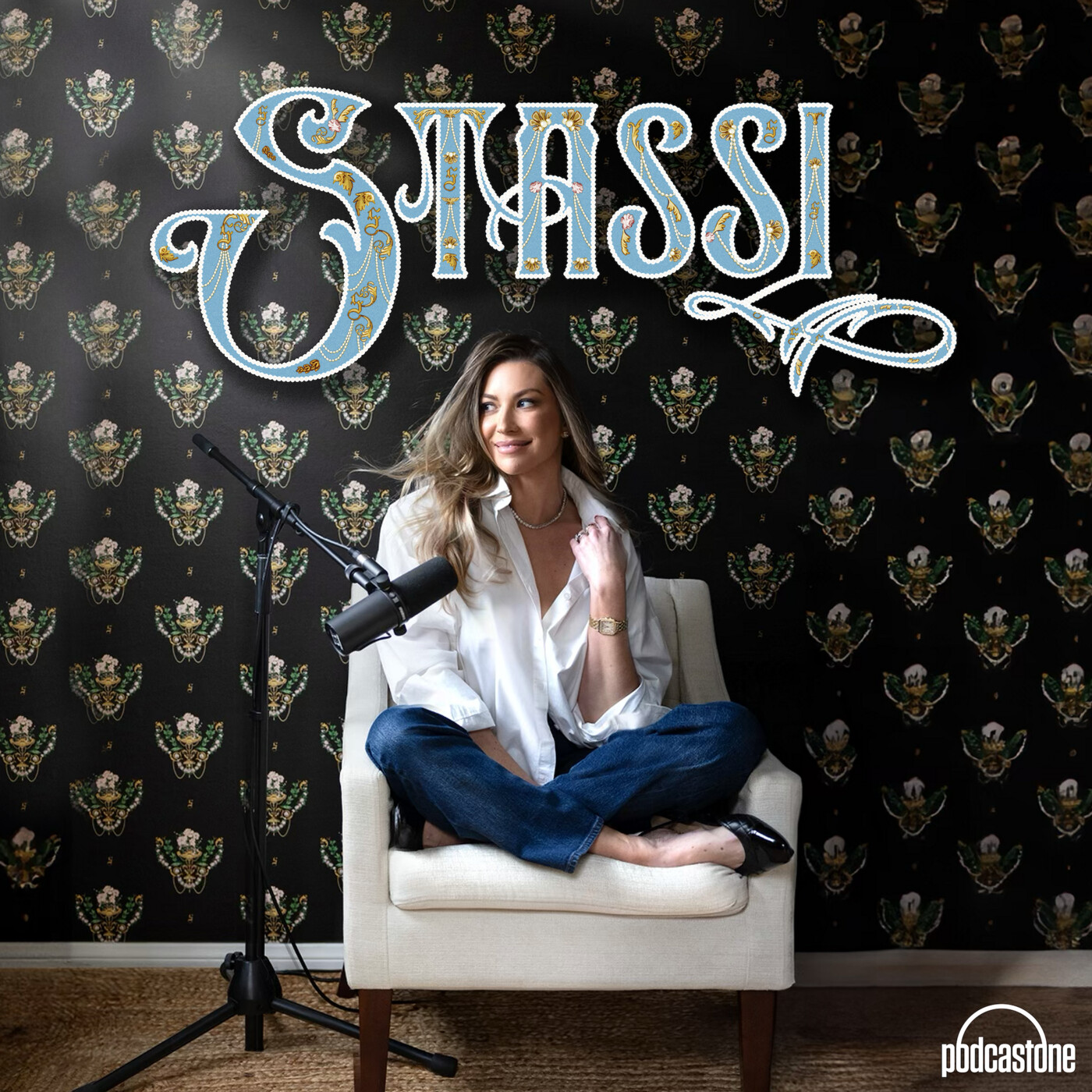
Stassi
PodcastOne



